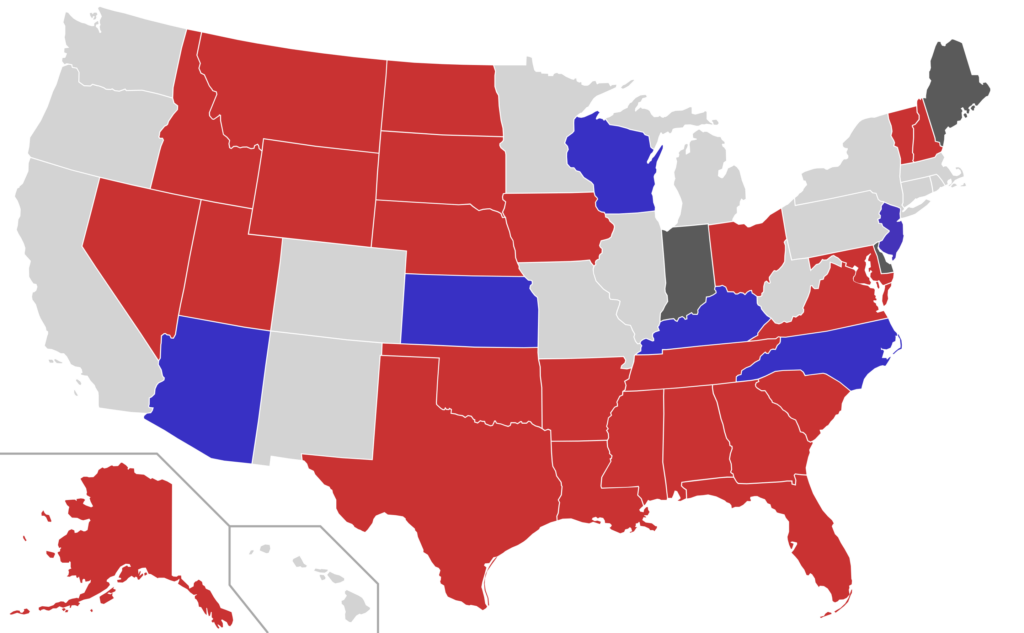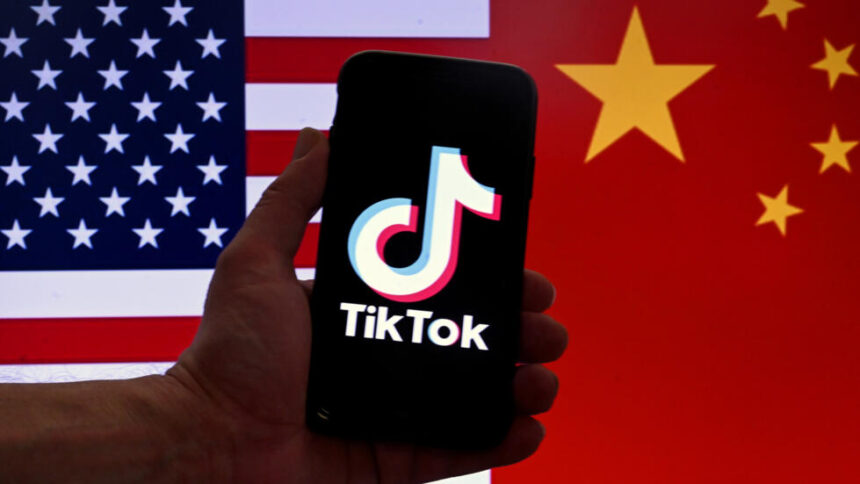On Wednesday 14 March, the United States House of Representatives (USHoR) passed a bill, 352 to 65, to effect a nationwide ban against TikTok. The bipartisan bill is the opening salvo in a long-running discussion about TikTok national security risks to the US population. In the US, an estimated 165-175m people use the popular social media service. TikTok is owned by a Chinese company, ByteDance, which is closely connected to the Chinese government.
What’s Happening & Why This Matters
The USHoR’s bill engages the drastic measures for TikTok’s all-out ban or forcing its sale. Amidst this tension, a $100 billion question looms large: Who could realistically take on such a purchase? With the House passing legislation aimed at compelling TikTok’s parent company, ByteDance, to divest the app to a non-Chinese entity, the stage is set for a complex battle involving business intricacies, free speech concerns, and geopolitical chess.
The Core of the Conundrum
At the heart of this situation is a bill that, if it becomes law, could see TikTok removed from U.S. app stores unless sold to a non-Chinese company within six months. However, with resistance from the Senate and the Chinese government’s opposition to a forced sale, the future of TikTok in the U.S. remains uncertain. The concerns driving this legislative push mainly revolve around data security and the fear of American user data falling into the hands of Chinese intelligence.

The Short List of Potential Buyers
- Tech Giants: Companies like Meta, Alphabet, and Microsoft, with the financial clout to buy TikTok, face significant antitrust hurdles.
- Video Game Executives: Bobby Kotick, previously of Activision Blizzard, has reportedly shown interest, though partnering with entities like OpenAI could invite further regulatory scrutiny.
- Apple: Despite its cash reserves and lack of a social platform, Apple’s regulatory challenges and cultural mismatch make it an unlikely buyer.
- Oracle and Walmart: Previous suitors under the Trump administration. Their current interest remains a unknown, especially with TikTok’s valuation soaring.
A pivotal aspect of any potential deal is whether ByteDance would be permitted by Beijing to include TikTok’s algorithm, a cornerstone of the app’s success. China’s stance on protecting its high-tech innovations could see it prefer TikTok’s exit from the U.S. market over divulging its algorithmic secrets.
TF Summary: What’s Next
As the saga unfolds, the U.S.’s efforts to curb TikTok hit against a complex web of legal, business, and geopolitical realities. The potential ban or forced sale opens up numerous questions about the feasibility of such actions and the future landscape of social media.
What remains clear is the pivotal role of TikTok’s algorithm in any deal and the unlikely scenario of a straightforward divestiture without significant pushback from multiple fronts. As the deadline approaches, the tech world watches closely, aware that the outcome could redefine the boundaries of global tech competition and data sovereignty.


